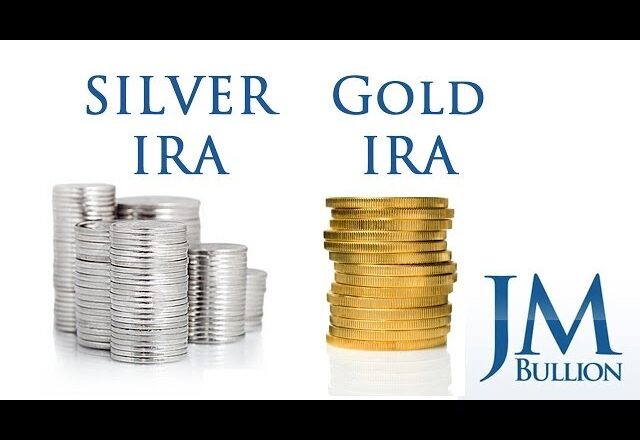Gold IRA custodianship is critical for those looking to diversify their retirement portfolios. Through the purchase of gold, investors have access to an asset that has historically maintained its value and provided stability through difficult economic times. However, navigating the complexities of this investment option can be quite confusing and it’s important for individuals to make reliable choices for gold IRA custodians who will properly manage their investments. Fortunately, government regulation plays an essential role in ensuring these standards are met and providing protection for investors.
A Gold Individual Retirement Account (IRA) allows you to invest in physical gold without taking possession of it or storing it yourself. This type of retirement account involves working with specialized custodians who buy, store, and insure your gold on your behalf while also managing other aspects such as taxes associated with the investment. In order to ensure your money is being managed responsibly and not going toward unscrupulous practices, government regulations are necessary.

Role of the IRS in Regulating Gold IRAs
The Internal Revenue Service (IRS) governs all activities related to Gold IRAs by setting rules regarding what types of gold qualify as investments, how much can be held in each account, which assets can be used within them, and other guidelines related to taxation issues. The IRS works closely with the Departments of Treasury and Labor when creating these rules so they remain updated with current trends in financial services and consumer interests at heart. Beyond just providing regulatory frameworks, the IRS also provides resources like publications outlining eligibility requirements for different types of retirement funds along with educational material about investing strategies aimed at helping investors make informed decisions about their finances.
Duties & Responsibilities of a Custodian
Custodians selected to administer Gold IRAs must strictly adhere to federal laws outlined by the IRS, as well as any state or local regulations specific to their region. They are responsible for maintaining records detailing transactions between themselves and their clients, as well as all associated fees – including storage costs, if applicable – and periodic reports showing account balances over time, among other information deemed relevant by law enforcement or tax authorities. In addition, they must provide customers with regular updates on changes made to their accounts, which may include newly added funds or withdrawn amounts due to taxes or other reasons specified by law or customer request. In some cases, where direct ownership isn’t possible due to restrictions imposed by certain states, third-party trustees may need to be appointed instead, but they still need to be approved by both federal regulators before they can assume responsibility for managing accounts holding precious metals such as gold coins or bars.
Regulated entities dealing with gold IRAs
Regulation doesn’t just apply directly to custodians; many companies involved in the transfer process between buyer and seller must adhere to specific protocols set forth by governing bodies such as FINRA – Financial Industry Regulatory Authority – whose primary goal is to protect consumers from fraudulent activity while promoting honest practices within the financial markets nationwide. Firms registered with FINRA must meet certain criteria before they are allowed to trade commodities such as investments in gold coins/bars, including having adequate capital reserves to cover potential losses should unexpected market conditions arise during trading sessions that have a negative impact on customer profits. In addition, firms operating in this sector must demonstrate a commitment to ethical business practices such as high standards, customer service, quality control measures, etc., all of which are designed with long-term investor security in mind.

The bottom line
When considering investing in a gold IRA, it’s important that individuals exercise caution by researching companies thoroughly before choosing one; seek out knowledgeable professionals who understand the regulatory requirements related to the field, look up reviews online, read available publications, etc. As always, though, government regulations play a key role in ensuring reliable choices exist when selecting custodian partners, protecting money integrity, process operations conducted securely under the watchful eye of concerned parties, stakeholders alike, therefore no room for reckless behaviour, exploitation of unsuspecting customers, irresponsible conduct.

